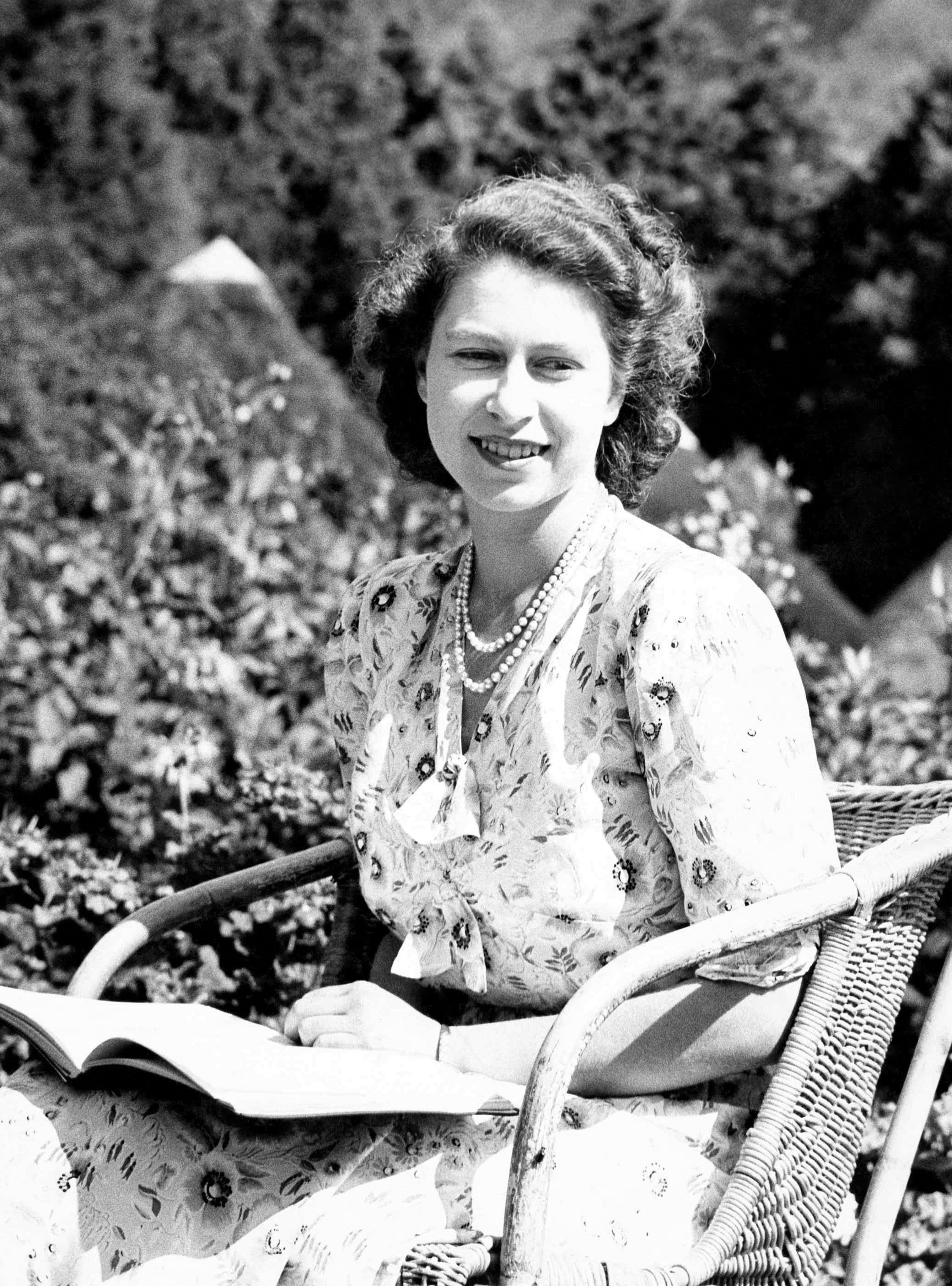No abdication for monarch who saw her role as a job for life
The Queen forever pledged herself to royal service at the age of just 21.

The abdication of Edward VIII in 1936 changed Princess Elizabeth’s life forever.
Her father was suddenly King and from that moment his 10-year-old daughter began to be groomed for the crown – her destiny altered irrevocably.
Elizabeth was born only third in line to throne.
If Edward had remained King and had fathered children, it is unlikely she would ever have become monarch.
When he signed his instrument of abdication on December 10, 1936, and made his “final and irrevocable” decision to step down because of his love for American divorcee Wallis Simpson, the royal family was rocked to the core.
The monarchy was plunged into a major constitutional crisis and there were fears the institution itself would not survive.
Newspapers across the country conveyed the shock and disappointment felt by the nation, coupled with the relief that the tension was over.
The Times newspaper wrote: “The attitude in public and private here today was that of people awaiting an expected and inevitable, but deplorable event.”
“The news of his abdication stunned the ordinary citizen,” the paper said.
The Queen Mother, previously the Duchess of York before becoming Queen Elizabeth, was greatly concerned.
She believed that her shy stammering husband did not have the right temperament to be king and pleaded with her brother-in-law not to put his feelings before the nation, but to no avail.
When Edward eventually chose Mrs Simpson, ‘Bertie’ reportedly broke down and “sobbed like a child” and the Queen Mother accused Edward of a “shameful dereliction of duty”.
She is said to have never forgiven Edward, nor Mrs Simpson, for their actions which changed the course of royal history.
Edward VIII was not the first British monarch to have abdicated.
Richard II of England was forced to abdicate in 1399 after the throne was seized by his cousin, Henry Bolingbroke, while Richard was out of the country.
James II fled to France in 1688 leading Parliament to impose abdication on him.
In the Netherlands, the royals have opted for this approach in the past.
Queen Wilhelmina stood down in 1948 for her daughter, Juliana, who in turn made way for Queen Beatrix in 1980.
In 2013, Queen Beatrix abdicated and handed the throne to her son Prince Willem-Alexander.
In 2014, the Spanish King Juan Carlos abdicated in favour of his son Crown Prince Felipe.
Rumours over whether the Queen would ever abdicate did surface from time to time.
Some believed she would step down to pave the way for the Prince of Wales. Others hoped the crown would be handed straight to his son the Duke of Cambridge.
But the Queen insisted that this job was one for life.
On her 21st birthday, she made her now-famous radio broadcast from Cape Town in South Africa in 1947 on her first official overseas visit, declaring: “My whole life, whether it be long or short, shall be devoted to your service and the service of our great imperial family to which we all belong.”
On June 2, 1953, she delivered her Coronation oath watched by millions of people, glued to their, or their neighbours’, new television sets.
She later pledged on the evening of the historic occasion: “Throughout all my life and with all my heart I shall strive to be worthy of your trust.”
In her 1991 Christmas message, she reiterated such feelings, saying: “I feel the same obligation to you that I felt in 1952. With your prayers, and your help, and with the love and support of my family, I shall try to serve you in the years to come.”
She also dismissed any speculation in 1992 that she would step down, insisting frankly: “It is a job for life”.
She was speaking about the death of her father, King George VI, for a BBC TV documentary Elizabeth R marking the 40th anniversary of her accession.
“In a way I didn’t have an apprenticeship. My father died much too young and so it was all very sudden… taking on and making the best job you can,” the Queen said.
“It’s a question of maturing into something that one’s got used to doing, and accepting the fact that it’s your fate, because I think continuity is very important. It is a job for life.”
Around the time of Charles’s 50th birthday, one TV documentary suggested the prince would be delighted if his mother stepped aside.
Unusually, Buckingham Palace and St James’s Palace issued a statement stressing that the assertion was “not only offensive but also completely wrong”.
“There is no-one with a greater sense of duty and loyalty than the Queen,” the prince remarked.
Just days after the death of the Duke of Edinburgh in April 2021, the Queen returned to royal duties despite her grief, holding audiences, and a month later, she attended the State Opening of Parliament.
Bizarre flurries of bets at bookmakers cropped up occasionally predicting she would abdicate, but the Queen remained on the throne to the very end.
Bookmark popover
Removed from bookmarks